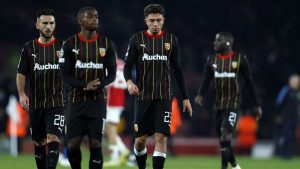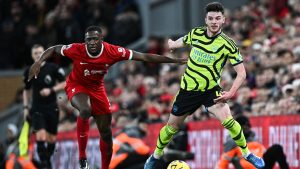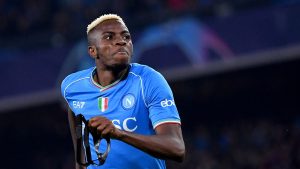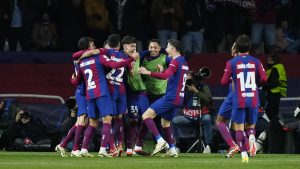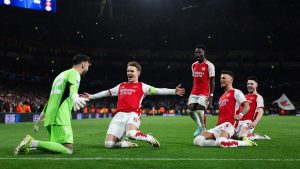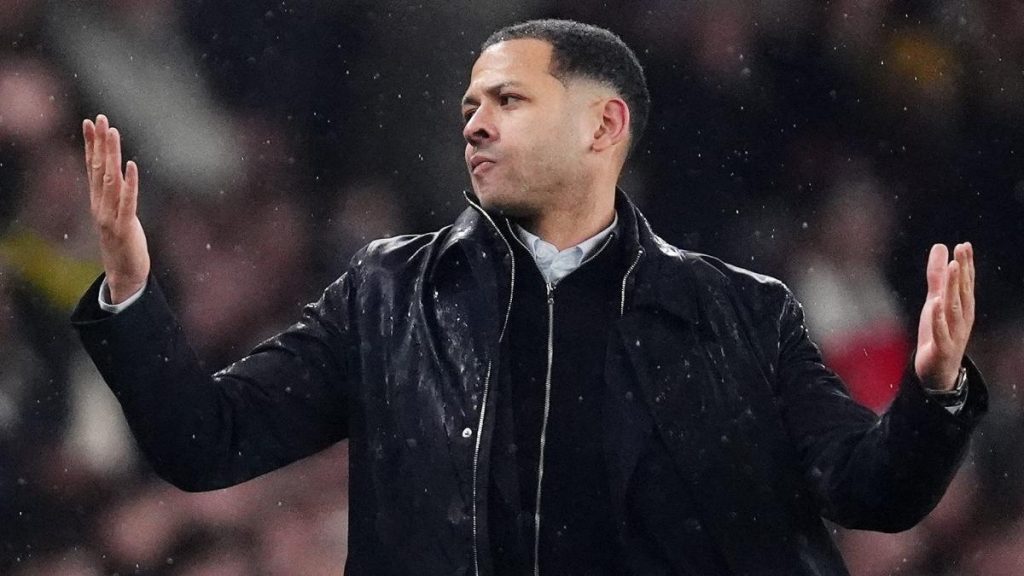
Beaten 3 goals to 2 in the semi-final first leg of the League Cup, Chelsea once again lost to Arsenal in the return match at the Emirates (0-1). The Blues missed the chance to win a trophy, but it was far from being a tragedy for Liam Rosenior. The new coach of the London team has indeed won six of the eight Chelsea matches he has managed since his arrival at Stamford Bridge. Only this round-trip semi-final kept this record with two defeats.
Being beaten by the best team in England at the moment is not a flaw, but Rosenior did not appreciate the attitude of the Gunners. The former Strasbourg manager was spotted getting angry with Mikel Arteta’s players. The 41-year-old technician criticized his opponents for encroaching on his club’s half of the pitch during the warm-up. Later, he came to explain himself to the media. The opportunity for him to accuse Arsenal of having lacked respect for his people.
Rosenior reframes Arsenal and its detractors
“I’m respectful. When you warm up, you have your half of the field, the other team has theirs. I have never asked my team or my coaches to encroach on the opponent’s territory. At that time, I thought their attitude was wrong. They hindered the warm-up of my players and my staff. So I asked them, perhaps not very politely, to stay in their own half. I’m not here to play psychological games. This is simply what I consider fair and respectful. I hope we respect that and the other teams do too. There are certain rules of conduct in football. I always try to be as respectful as possible. I always want to win. I have no problem with anyone at Arsenal. Mikel Arteta is a fantastic manager, who I have a lot of respect for. “It’s just that at that time, I didn’t feel that my team had been treated with the same respect.”
After this clarification, Rosenior then responded to the criticism of which he and his club are the target. “All this noise doesn’t surprise me at all. It’s part of being a coach and manager at Chelsea Football Club. If this had surprised me, I would not have been ready to take on this role. What people say outside the club, what they think about the way my teams play, it has no bearing on my decisions or what I think is the right thing to do for the team. Looking back, we didn’t make it through. We turned the tide in the second half and the match could easily have gone in our favor. I’m disappointed we didn’t make it through, but now we’ll move on and focus on Wolves.”. It’s said.
Pub. the
– UPDATE
